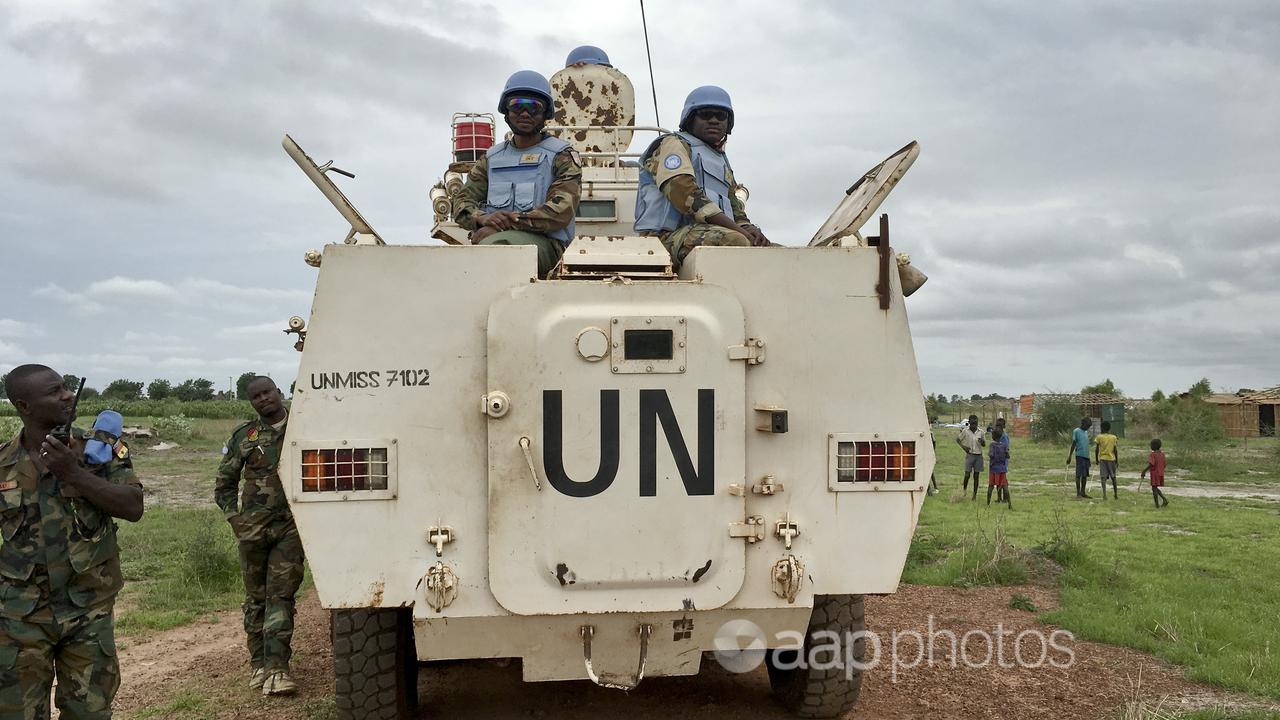Anti-globalists say a proposed international pandemic treaty will give the World Health Organization (WHO) control over health policy in member nations.
The claim is false. The treaty’s draft wording specifically states members will retain sovereignty over domestic health matters. Experts say the UN agency has no power to enforce its recommendations in member countries.
The treaty, formally known as WHO CA+, will establish global guidelines for how nations prevent and respond to future pandemic threats.
The wording of the document will be negotiated before WHO member countries vote on a final version at the World Health Assembly in 2024.
But a widely spread post on social media – see here, here and here – claims it will give the WHO “full control of all your governments (sic) resources”, enabling it to “control your government, in perpetuity”.
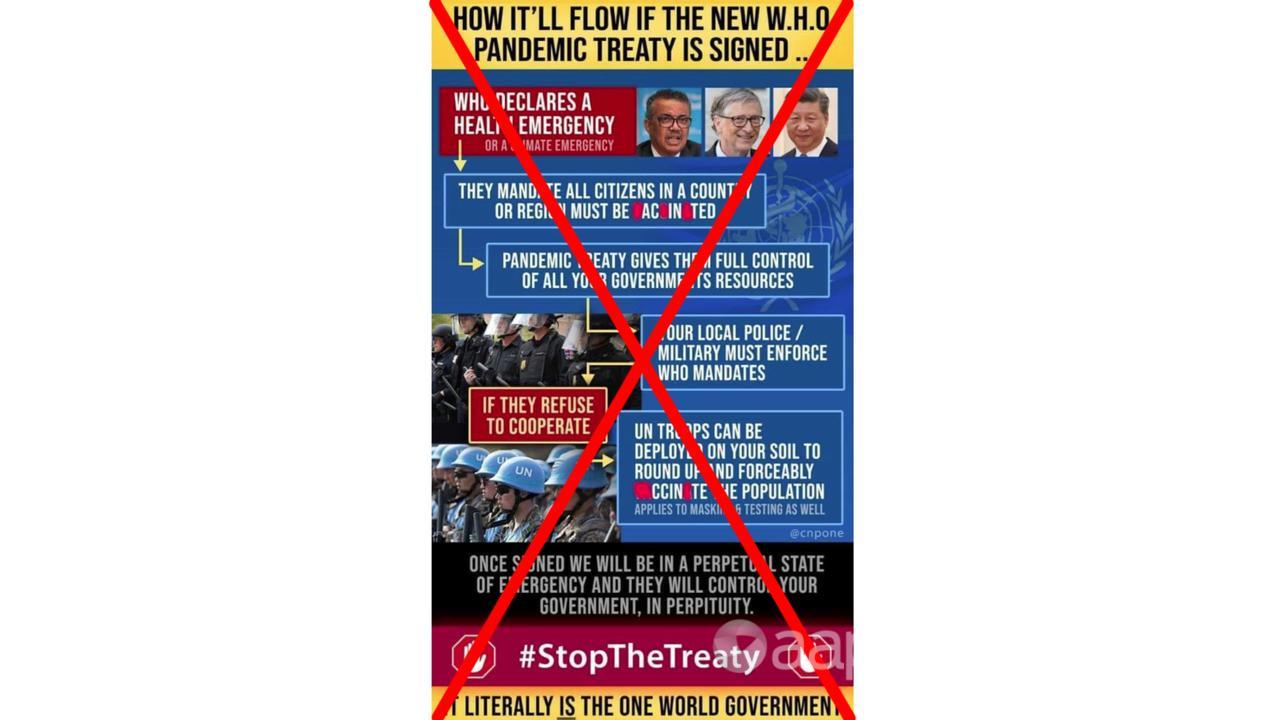
The post states “UN troops” could be deployed to “round up and forcibly vaccinate the population” when a government does not comply with WHO mandates.
However, the draft treaty specifically states member nations will retain sovereignty over all health decisions.
It says the treaty reaffirms “the principle of sovereignty of States Parties in addressing public health matters, notably pandemic prevention, preparedness, response and health systems recovery” (page 4).
It outlines a vision “for a world where pandemics are effectively controlled to protect present and future generations … while recognizing the sovereign rights of countries” (page 8).
The draft also says member states have “in accordance with the Charter of the United Nations and the principles of international law, the sovereign right to determine and manage their approach to public health, notably pandemic prevention, preparedness, response and recovery of health systems…” (pages 10-11).
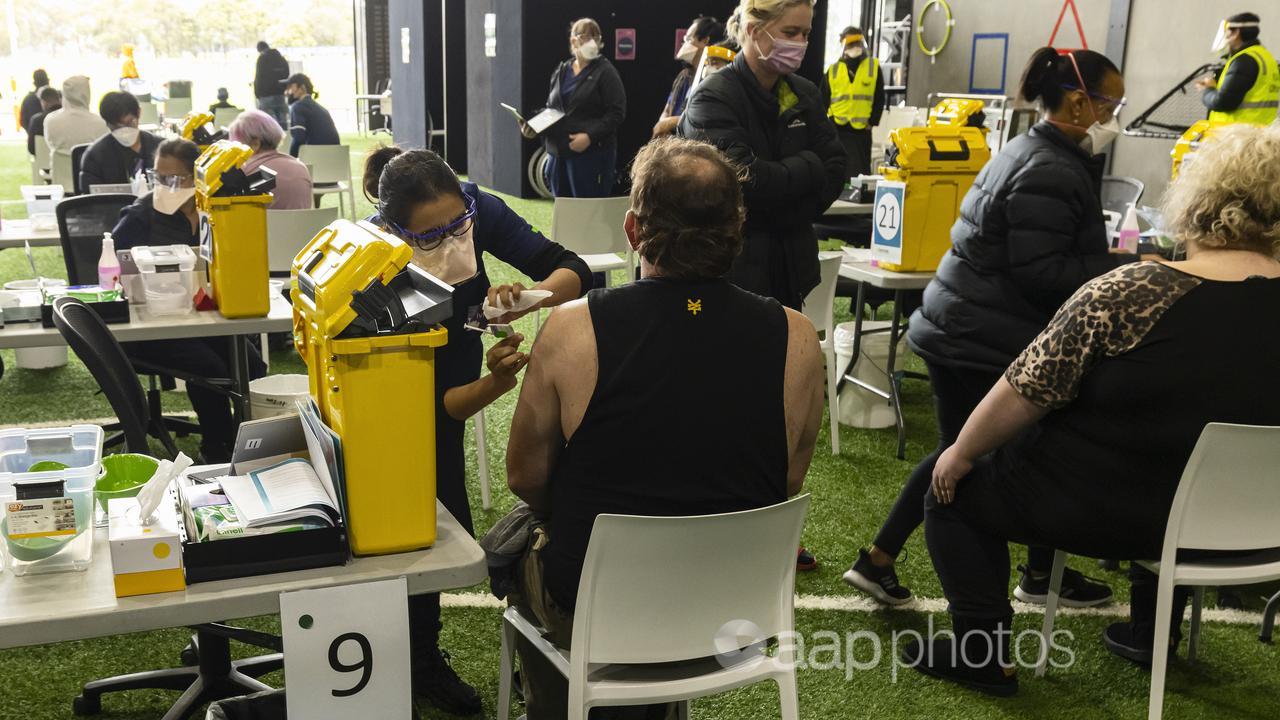
The document makes no suggestion the WHO could dictate domestic health policies.
Instead, the draft text outlines what members “should”, “shall” or are “encouraged” to do in a health emergency.
Sara Davies, a professor of international relations at Griffith University, told AAP FactCheck there was no possibility the treaty could empower the WHO to control a government’s resources or impose vaccine mandates.
“Countries remain sovereign actors. Outside of the UN Security Council, there is no enforcement mechanism that can force a state to comply with international law,” Dr Davies said.
The treaty would only enable the WHO to provide recommendations, such as requesting member nations to contribute to pooled resources, she said.
Australian Senator Carol Brown, an assistant minister in the Labor government, told a senate committee in March 2023: “The WHO has no legal authority to force countries to accept any recommendations. The WHO can provide assistance only at the request of a country.”
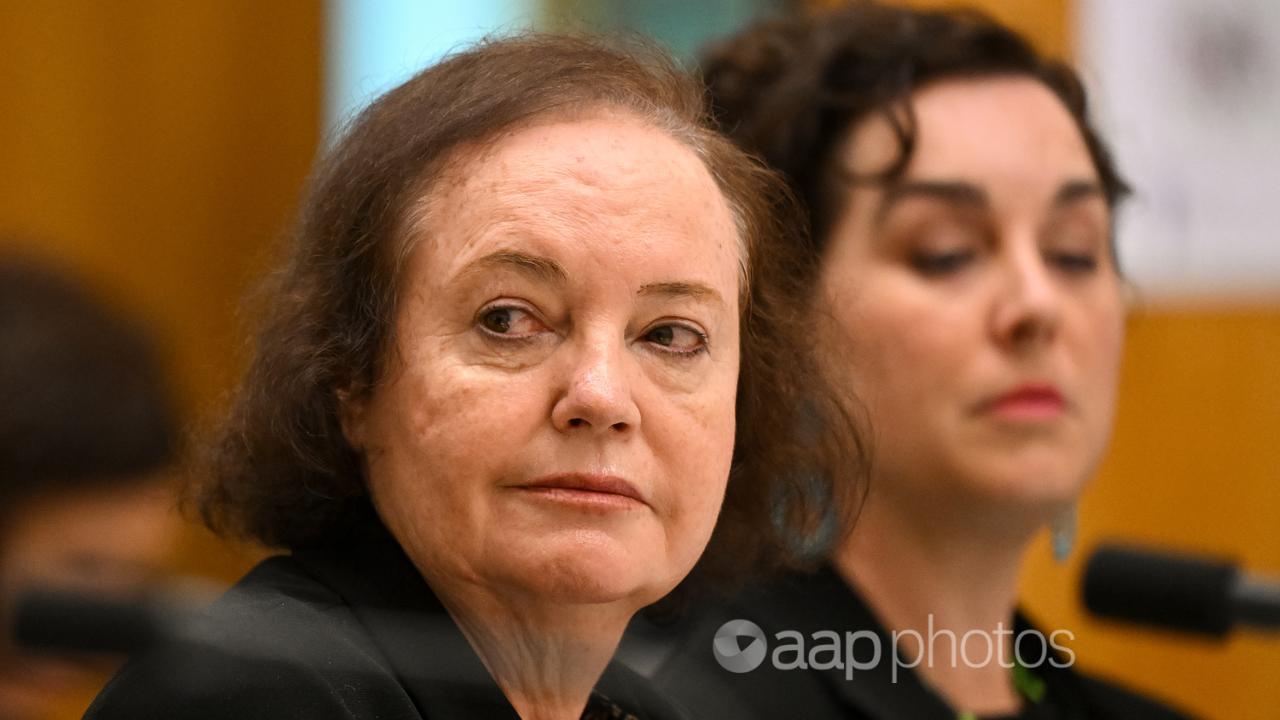
Other experts also say the treaty would not enable the global organisation to dictate domestic health policy.
Lawrence Gostin, a professor at Georgetown University and director of the WHO’s health law centre, told factcheck.org in March 2023 that claims member states would lose their sovereignty were “utterly untrue and unfounded”.
The claim “UN troops” could be deployed to uphold WHO “mandates” is also incorrect.
Alexander Bellamy, professor of peace and conflict studies at The University of Queensland, told AAP FactCheck UN soldiers could only be deployed by the Security Council, under rules laid out in chapter six and chapter seven of the UN Charter.
“The Charter leaves it to the Council to determine what constitutes a threat to international peace and security,” Professor Bellamy said.
“The UN Charter is considered the highest piece of international law. Nothing may lawfully override it and nothing in the proposed pandemic treaty comes close to even hinting at that.”
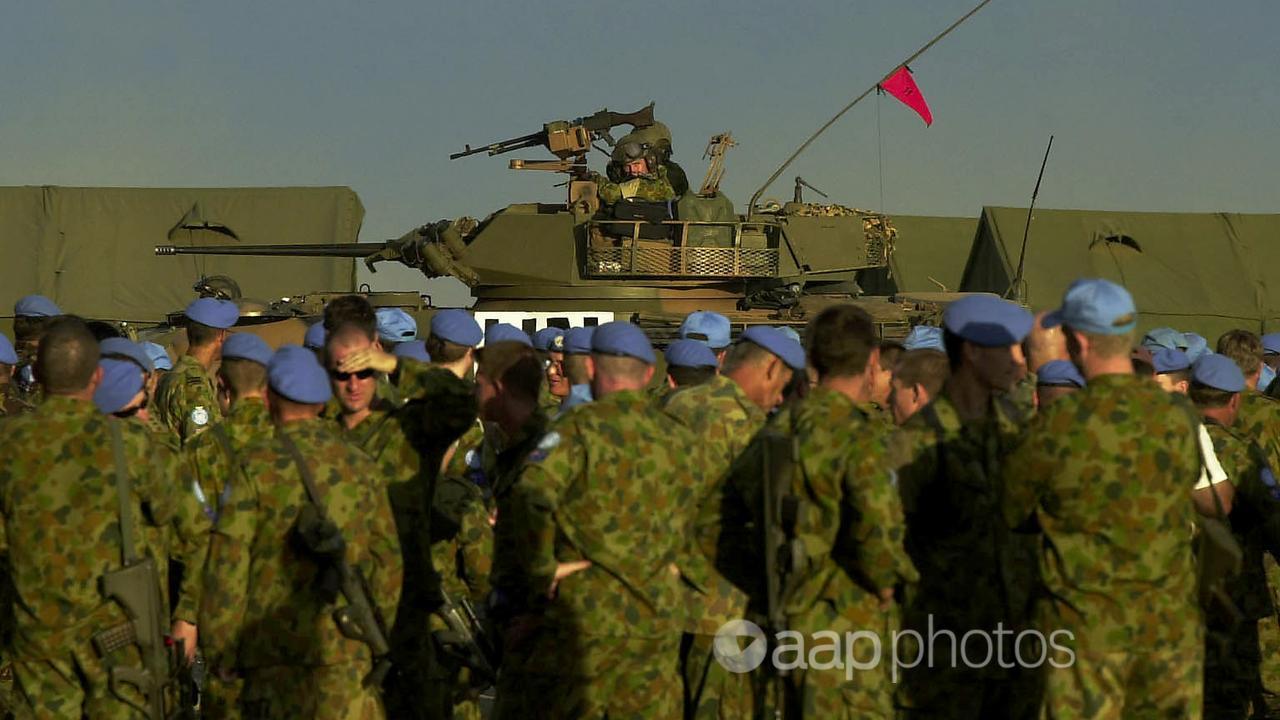
Any deployment of a UN military force must be approved by at least nine votes among the Security Council’s 15 members, and without veto from any of the five permanent members – the US, UK, France, China, and Russia.
Professor Bellamy said it was “inconceivable” this could happen in Australia with major allies the US, UK and France having veto power.
In parallel to the pandemic treaty negotiations, the WHO is updating its International Health Regulations (IHR), an overarching framework that defines countries’ rights and obligations in handling public health events that have the potential to cross national borders.
AAP FactCheck previously debunked claims IHR amendments would give the WHO the power to impose lockdowns within member countries.
The Verdict
The claim a proposed international pandemic treaty would give the World Health Organization control over member nations’ domestic health policies is false.
The draft treaty specifically states signatory countries will retain sovereignty over health matters within their borders, including their response to future pandemics. The WHO has no legal authority to force member nations to accept its recommendations.
False – The claim is inaccurate.
AAP FactCheck is an accredited member of the International Fact-Checking Network. To keep up with our latest fact checks, follow us on Facebook, Twitter and Instagram.
All information, text and images included on the AAP Websites is for personal use only and may not be re-written, copied, re-sold or re-distributed, framed, linked, shared onto social media or otherwise used whether for compensation of any kind or not, unless you have the prior written permission of AAP. For more information, please refer to our standard terms and conditions.

